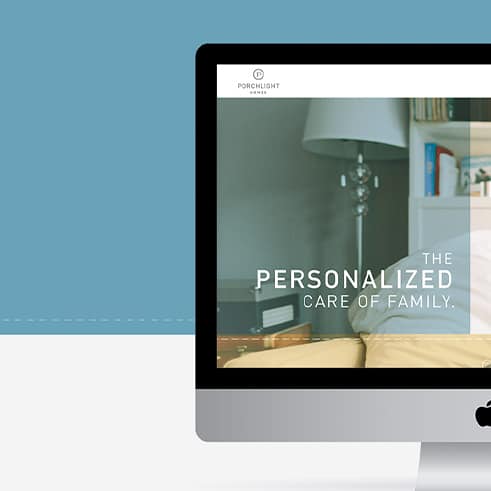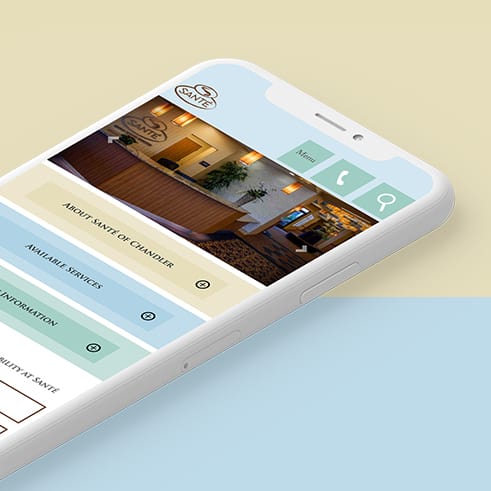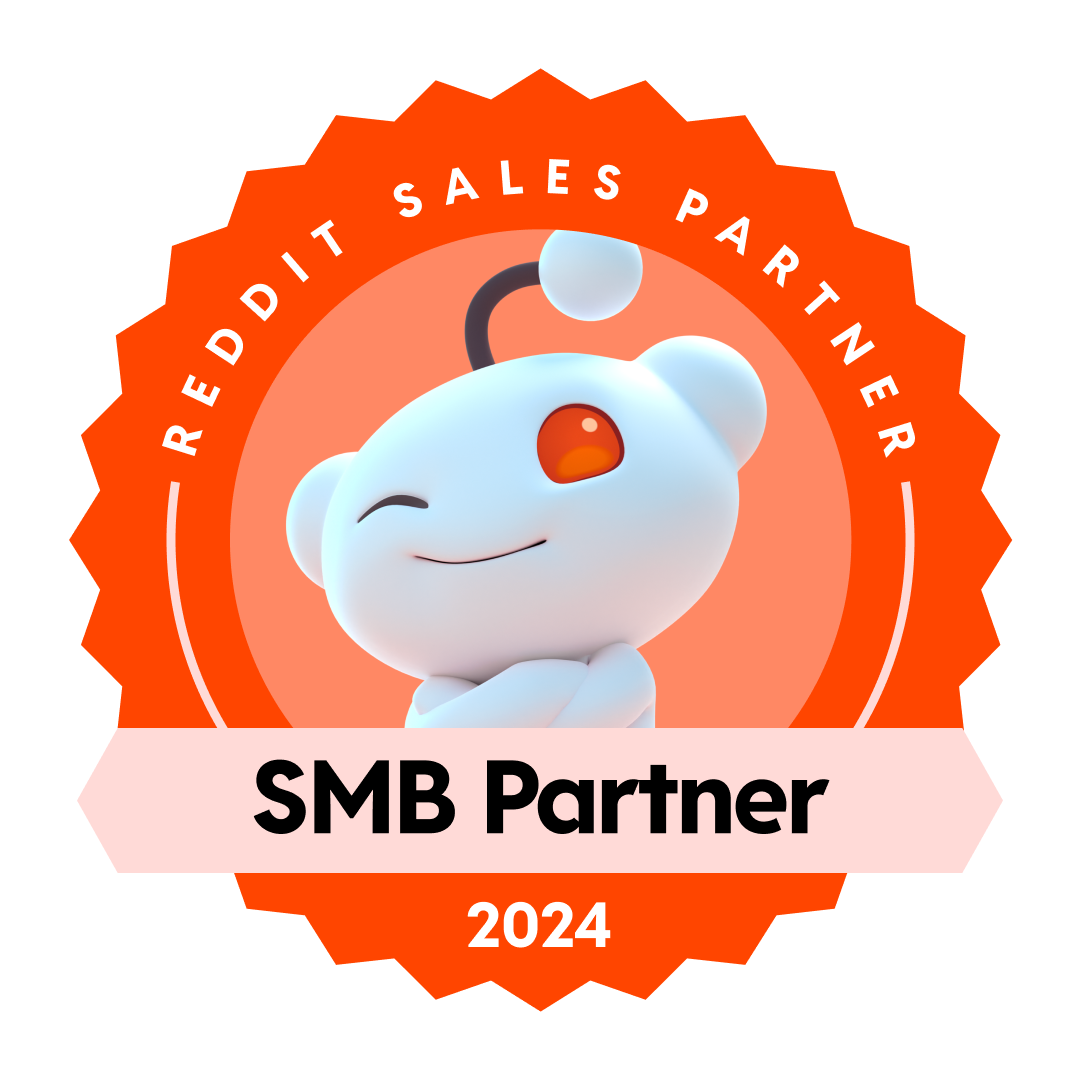In the latest episode of Commit Agency’s Rebel Reels, Jade Frazier, Social Media Manager at Commit, welcomed Marcus Kent, CEO of Board Developer and Commit’s fractional integrator, for an insightful conversation on leadership assessments, team dynamics, and the critical role of emotional intelligence in executive leadership. This episode delved deep into the power of self-awareness, team collaboration, and how leadership tools can create a more cohesive and successful culture.
The Evolution of Executive Leadership Assessment
Kicking off the conversation, Marcus explained how Board Developer, based in Tempe, Arizona, began its journey by assessing the vast array of leadership tools available in the marketplace. About 12 years ago, founder Jim Hayden sought a way to combine multiple leadership assessments into one comprehensive tool that could provide more accurate and actionable insights for leaders.
The result is a robust executive leadership assessment tool that draws from about 15 different leadership frameworks, including popular models like DISC, Gallup People Q’s, and Myers-Briggs. According to Marcus, this tool goes beyond traditional assessments by looking at various aspects of personality, communication style, worldview, emotional intelligence, and how individuals respond to stress and conflict.
“It’s like getting a status check on where your strengths are, where you might need improvement, and how your worldview and emotional intelligence shape your interactions with others,” Marcus shared. This 360-degree approach makes the assessment invaluable for personal development and team dynamics.
The DISC Assessment: A Shared Language for Leadership
A core part of the Board Developer’s assessment is the DISC model, which Marcus describes as one of the most widely used and easiest-to-understand leadership tools. DISC, which stands for Dominance, Influence, Steadiness, and Conscientiousness, categorizes individuals based on how they interact with the world and handle challenges.
- Dominance (D): People with a high “D” are decisive and prefer to be in control. Only about 3% of the population fits into this category, making them natural leaders who thrive on challenges.
- Influence (I): High “I” individuals, representing about 11% of the population, are emotion-driven and thrive on interpersonal relationships. They are excellent communicators and motivate others through connection.
- Steadiness (S): This is the most common personality type, with 69% of the population fitting into this category. High S individuals are loyal, value stability, and prefer clearly defined expectations.
- Conscientiousness (C): Data-driven and detail-oriented, high C individuals, representing 17% of the population, focus on accuracy and precision. They are skeptical by nature and need evidence and logic to make decisions.
Understanding these different personality styles provides a shared language for teams and organizations to navigate internal dynamics. “It puts us all on the same page,” Marcus noted, emphasizing how the DISC model helps leaders better coach their teams based on objective, third-party assessments.
From Personal to Team Development: The Broader Impact
The power of the DISC assessment extends beyond individual insights. Marcus explained how the tool becomes even more impactful when applied to entire teams. By overlaying each team member’s results, leaders can identify collective strengths and weaknesses, paving the way for more strategic recruitment, training, and team-building efforts.
For example, if a team consists of many high-I personalities but lacks a dominant personality type, they may excel at discussing ideas but struggle with decision-making or taking action. “Teams that are too heavy on one end of the DISC spectrum often lack balance,” Marcus pointed out. Recognizing these gaps allows leaders to assign specific roles within the team, ensuring that meetings lead to actionable outcomes rather than endless discussions.
Emotional Intelligence in the Modern Workplace
Another vital aspect of the Board Developer’s leadership assessment is emotional intelligence (EI), which has become increasingly important in today’s fast-paced, stress-filled work environments. Emotional intelligence measures how well individuals understand and manage their emotions and how effectively they interact with others.
Marcus highlighted that emotional intelligence is more than just a buzzword—it’s a crucial factor in leadership success. By examining how leaders respond to stress, conflict, and high-pressure situations, organizations can help them develop the emotional resilience needed to lead effectively. In fact, Board Developer’s assessment compares emotional responses at work versus home, providing leaders with insights into how their behavior shifts in different environments.
Integrating Leadership Tools into Organizational Culture
One of the key takeaways from this episode was the importance of integrating leadership assessments into the fabric of an organization’s culture. Marcus stressed that it’s not enough to simply conduct a workshop or complete an assessment and then put the results on a shelf. For these tools to have lasting value, organizations must continually revisit the findings and incorporate them into everyday interactions.
For example, Commit’s AI team is developing a tool that tailors email communication based on DISC styles. By adjusting the language of an email to match the recipient’s preferred communication style, the tool ensures that messages are more likely to resonate and be effective.
The Path to Self-Realization and Team Success
Ultimately, Marcus believes that leadership assessments like DISC are valuable because they promote self-realization and interpersonal understanding. By becoming more aware of how they interact with others and how their communication style affects team dynamics, leaders can create a more harmonious and productive work environment.
“When you understand how you move through the world and how others around you do the same, it opens up opportunities for more effective communication, collaboration, and problem-solving,” Marcus concluded.
In a world where organizational success depends on teamwork and emotional intelligence, leadership assessments like the ones used at Commit Agency are essential tools for growth and development. As Marcus said, “If more people were just aware of how they show up and how it affected people around them, the world would be a much softer place.”
This Rebel Reels episode with Marcus Kent not only offers valuable insights into leadership assessments but also highlights Commit Agency’s commitment to fostering a positive, self-aware work environment where teams thrive and individuals grow.




























